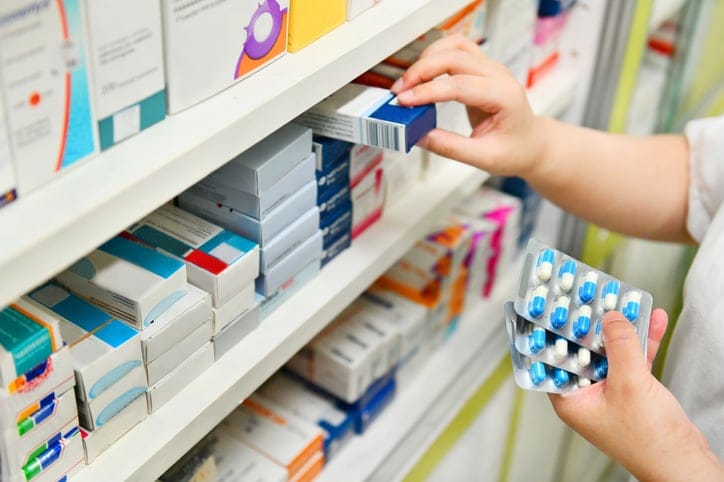STDs are on the rise in America, and something needs to be done about it. While using protection and getting regular testing (and therefore treatment) is always advised, the Centers for Disease Control and Prevention (CDC) thinks we need to be doing more. Their suggestion? Take doxycycline, an antibiotic usually used to prevent malaria and treat bacterial infections, as a morning-after pill of sorts to decrease the chances of contracting the STD.
According to the government organization. 2.5 million Americans were diagnosed with gonorrhea, chlamydia, and syphilis in 2021 alone. However, scientists in San Francisco and Seattle say that a 200-milligram dose of doxycycline taken within three days of unprotected sexual contact could reduce bacterial STDs and STIs but two-thirds every three months. Their promising research was published in a study in The New England Journal of Medicine last week.
“Sexually transmitted infections are an enormous, low-priority public health problem,” explained Dr. John M. Douglas Jr., a retired health official who lectures at the Colorado School of Public Health. “And they’ve been a low-priority problem for decades, in spite of the fact that they are the most commonly reported kind of infectious disease.”
Of course, there is one caveat to the finding: it’s not effective in heterosexual women. However, it is highly effective in gay men, bisexual men, and transgender women, per the study. While doxycycline can cause side effects including rashes, stomach issues, and sun sensitivity, that’s a small price to pay if it can help prevent STDs.
Doxycycline isn’t a cure-all, but it can reduce STD rates
Dr. Philip Andrew Chan says that while doxycycline isn’t a “magic bullet” when it comes to fighting STDs, it can be “another tool” in the move toward reducing the rates and their relative complications. (Related: Oral sex is now the biggest risk factor for throat cancer)
Dr. Connie Calum, professor of global health, medicine, and epidemiology at the University of Washington, believes researchers are on the right track.
“Doxy-PEP is a promising strategy to reduce sexually transmitted infections in populations that are disproportionately affected by high rates of sexually transmitted infections, specifically, men who have sex with men and transgender women who have had recent STIs,” she said in a statement. “It will be important to monitor the impact of doxy-PEP on antibiotic resistance over time and weigh this against the demonstrated benefit of reduced STIs.” (Related: How to tell your partner you have an STD)
This certainly sounds like a road worth traveling. Hopefully medical providers get on board and we can see the benefits of this simple, inexpensive, and effective treatment.



